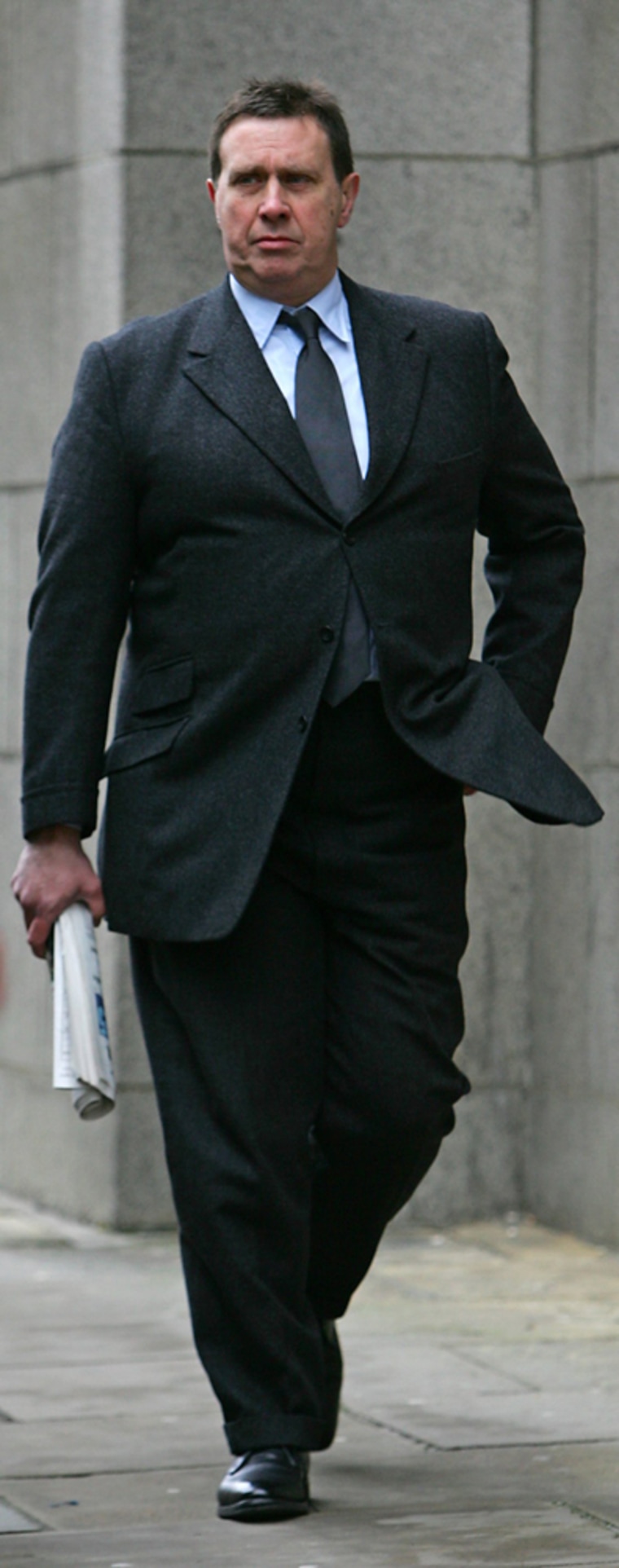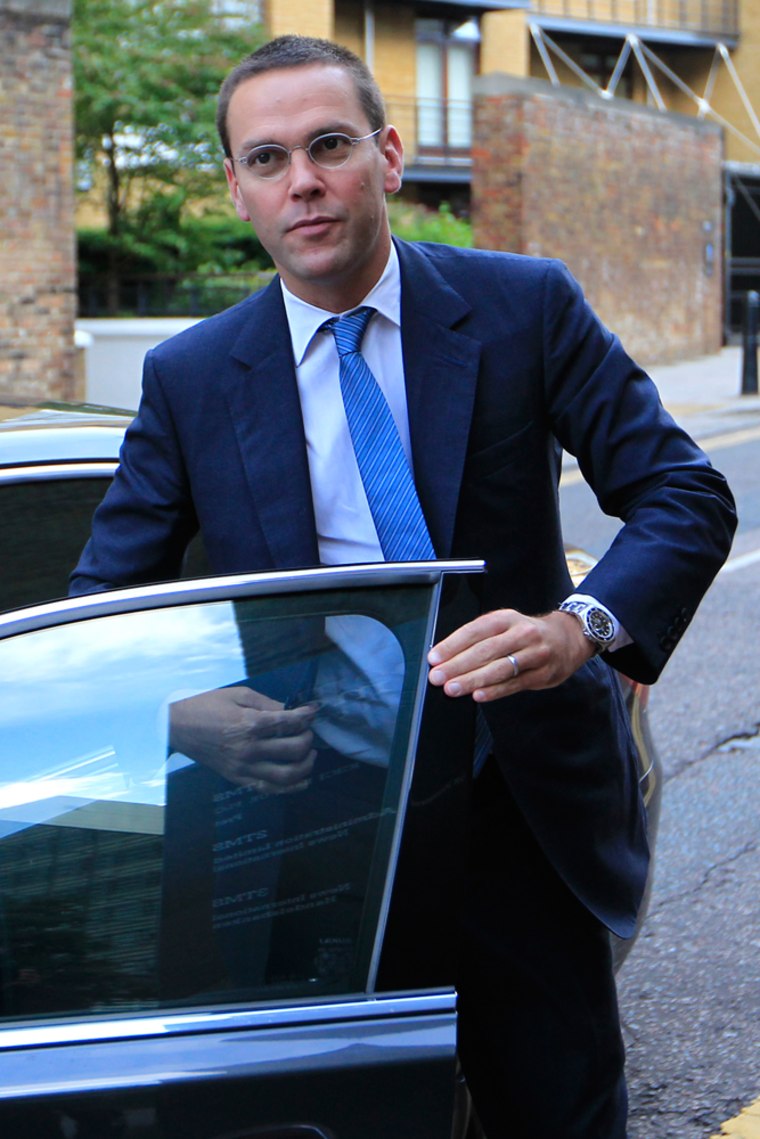A disgraced reporter at the now-defunct British tabloid News of the World said in a letter that phone hacking was "widely discussed" at newspaper meetings, the Guardian reported on Tuesday.
The report that the practice was widely known will likely worsen the furor surrounding News Corp's British newspaper arm following allegations of widespread hacking, and in particular, reports that journalists had used investigators to hack into the voicemails of murder victims.
The controversy sparked an uproar in Britain that dominated global headlines for almost all of July.
"This practice was widely discussed in the daily editorial conference, until explicit reference to it was banned by the editor," .
The practice was done with "the full knowledge and support" of senior journalists, the letter added.
The names of those involved have been obscured in the letter. The Guardian said this was done by police, who are investigating wrongdoing at the newspaper.
The letter is among a batch of documents published by the House of Commons' culture, media and sport committee.
Goodman was jailed for intercepting the cellphone messages of members of Britain's royal family and was fired from News of the World in 2007. Executives at News International have said the scandal was limited and that Goodman was a lone "rogue reporter."
, also said that former editor Andy Coulson promised Goodman that he would keep his job if he didn't implicate the News of the World in court.

This last revelation could embarrass British Prime Minister David Cameron, who went on to hire Coulson as his communications director. Coulson stepped down from his job with the Conservatives earlier this year amid pressure from continuing allegations related to phone-hacking.
'One of the largest cover-ups in my lifetime'
The news comes as a British parliamentary committee investigating phone hacking tabloid paper is very likely to recall News Corp executive James Murdoch in person after receiving further statements that cast doubt on his previous testimony.
"When we have the further information that we are seeking, I think it is very likely that we will want to put those points to James Murdoch," the head of the committee, John Whittingdale, told reporters after receiving written evidence from two of Murdoch's former colleagues and Murdoch himself.
Parliamentarian Tom Watson, a lawmaker who questioned Murdoch doggedly, said further evidence would also be released on Tuesday that would include some "devastating revelations" that would raise questions for the company in general.
"Clive Goodman's letter is the most significant piece of evidence that has been revealed so far. It completely removes News International's defense," Watson said according to the Guardian.
"This is one of the largest cover-ups I have seen in my lifetime."
The scandal forced the company to close the 168-year-old paper, drop its most important acquisition in decades — the $12 billion purchase of BSkyB — and accept the resignation of two of its most senior newspaper executives.
Two of Britain's most senior police officers also quit over their failure to properly investigate the scandal and 12 people have since been arrested.
Contradictions
Two former News of the World colleagues had previously contradicted information that James Murdoch gave to the committee in July at a hearing into the hacking allegations at the tabloid.
Whittingdale, who said differences remained over the accounts of what had happened at the newspaper, said the committee was unlikely to recall 80-year-old Rupert Murdoch.

James and his father Rupert appeared before the committee on July 19 and were pressed to explain their understanding of phone-hacking and payments made to the police by the tabloid.
The 38-year-old News Corp deputy chief operating officer has already said he stands by his testimony.
The issue in dispute is how much James Murdoch knew about the hacking, in particular the scale of the problem, and whether he was involved in a cover-up.
Murdoch said he had not been in possession of all the facts when he approved a large payout in 2008 to English soccer executive Gordon Taylor, who had his phone hacked.
Critics have argued the size of the payout, which was 10 times the record amount awarded in a privacy case at the time, was intended to buy Taylor's silence.
However Tom Crone, News International's former top legal officer, and Colin Myler, editor of the News of the World until it was shut down in July, have disputed this, saying they had previously shown Murdoch a 2005 email which suggested that the problem was more widespread.
The email, labeled 'For Neville', included the transcript of numerous voicemail messages and was sent from a reporter at the paper to the private investigator behind much of the hacking.
'Neville' is widely accepted to be the chief reporter Neville Thurlbeck, and critics have seized on this as evidence that the use of hacking to create stories was a common tool throughout the paper.
Whittingdale said the three areas of concern were the difference of opinions between Murdoch and the two men, the size of the settlement and the payment of the legal fees for the investigator at the heart of the scandal.